Android browser head-to-head: Chrome vs Dolphin vs Firefox vs Maxthon vs Opera Mobile vs Skyfire
We put the most popular Android browsers up against the default offering to see which offers the best performance and HTML5 compatibility.

TEST METHODOLOGY
To test the browsers, we used two popular benchmarking systems: Futuremark's Peacekeeper and the HTML5Test.com test.
Peacekeeper runs through common browser tasks, including JavaScript, WebGL and media streaming tests, to gauge the overall performance of the browser. The higher the browser scores in Peacekeeper, the smoother the browser will be to use. Scores in Peacekeeper are device-dependent, as a change in system performance - running Peacekeeper on a different smartphone or tablet, for example - will affect the final score.
The HTML5Test.com suite, by contrast, ignores performance in favour of checking compatibility with the HTML5 specification. Each browser is given a score out of a possible 500. The higher the score, the more aspects of the HTML5 specification the browser supports. This is important for compatibility: as web developers start to increase their use of some of the more clever portions of the HTML5 specification, browsers which fail to implement these aspects will be left behind.
The tests were carried out on a tablet with a dual-core 1.5GHz ARM processor and 1GB of RAM - roughly the same as a mid-range smartphone - running Android 4.0.4 'Ice Cream Sandwich.' Each time a test was run, all background processes were closed to ensure an accurate result.
PEACEKEEPER RESULTS
So how did they stack up? Maxthon is a clear winner in the performance stakes, beating out a surprisingly strong performance from Android's stock browser to take the crown.
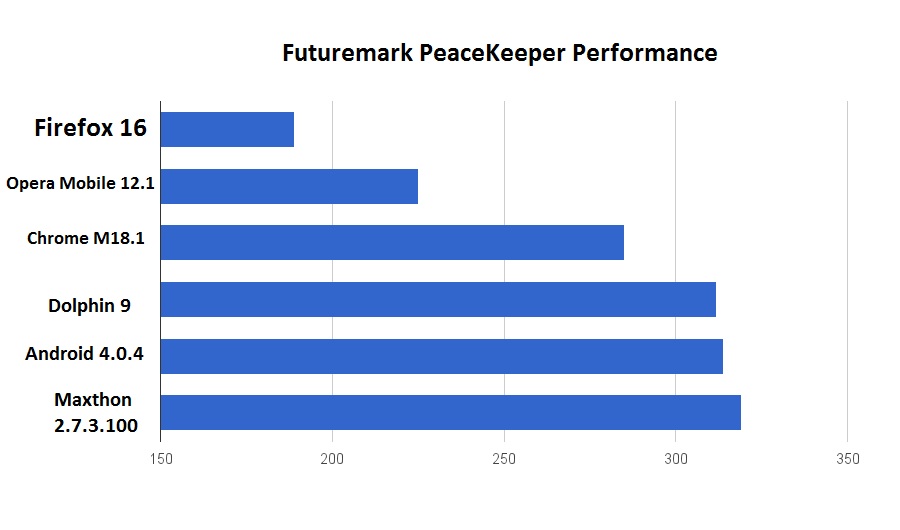
While Maxthon's score of 319 points in the text is impressive, it's only five points higher than the stock browser's 314. Dolphin, meanwhile, sits in third place with 312 points - just slightly slower. In short, performance fans should install either Maxthon or Dolphin, or simply stick with the stock browser which has come a long way since the early days of Android.
For other browsers, the results aren't so good. Users on older or lower-spec devices should avoid Firefox, which sits way at the bottom of the results table with just 189 points in the Peacekeeper test - although it was able to run the gaming portion of the benchmark, something the other browsers were unable to manage, so it could still be a strong option for users on faster hardware.
Opera Mobile's score of 225 is poor, and easily beaten by Chrome's score of 285 - although the latter's performance relative to the stock Android browser shows that there is still a long way to go for Google's secondary browser software before it can ship as the default option.
Skyfire, sadly, did not make it onto the list: the company's clever streaming system, where content is rendered remotely and then provided to the handset in a faster format, threw Peacekeeper completely off and caused the benchmark to crash rather than offer a result. During use, however, Skyfire seemed to offer performance somewhere in the middle of the pack.
Get the ITPro daily newsletter
Sign up today and you will receive a free copy of our Future Focus 2025 report - the leading guidance on AI, cybersecurity and other IT challenges as per 700+ senior executives
Gareth Halfacree is an experienced tech journalist and IT professional, and has been writing since 2006. In addition to contributing article for ITPro, Gareth has been featured in publications such as PC Pro, Techmeme, The Register, The MagPi, and Tom’s Hardware.
In addition to his digital articles, Gareth is the author of several best-selling books. These include the Raspberry Pi User Guide, an essential text for those looking to get started with their Raspberry Pi, as well as The Official Raspberry Pi Beginner’s Guide. Gareth also wrote the Official BBC micro:bit User Guide, a comprehensive guide to setting up the pocket-sized computer, learning to code on it, and even creating your own hardware addons.
-
 Why are many men in tech blind to the gender divide?
Why are many men in tech blind to the gender divide?In-depth From bias to better recognition, male allies in tech must challenge the status quo to advance gender equality
By Keri Allan
-
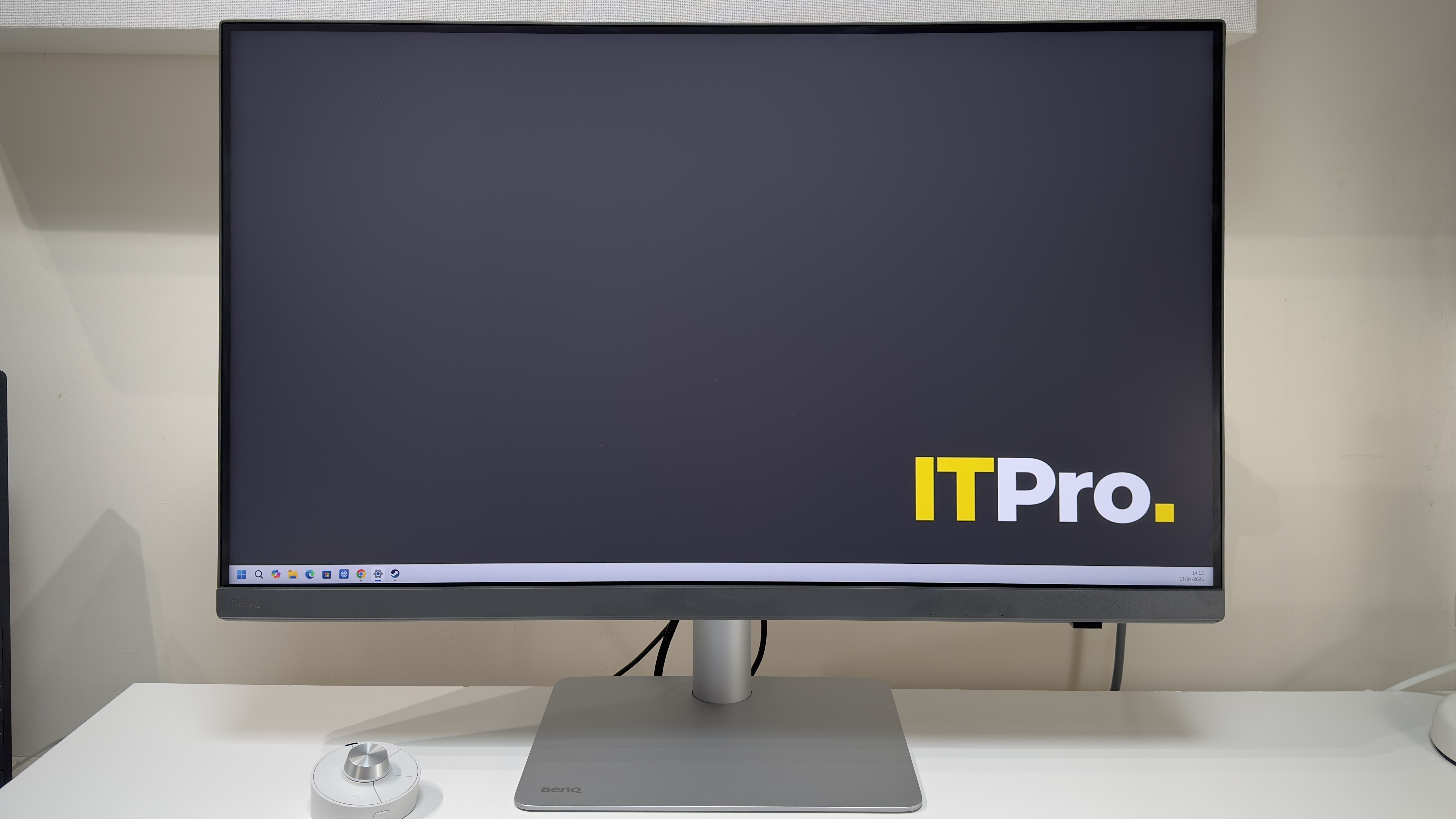 BenQ PD3226G monitor review
BenQ PD3226G monitor reviewReviews This 32-inch monitor aims to provide the best of all possible worlds – 4K resolution, 144Hz refresh rate and pro-class color accuracy – and it mostly succeeds
By Sasha Muller
-
 Spanish spyware outfit uncovered, develops exploits for Windows, Chrome, and Firefox
Spanish spyware outfit uncovered, develops exploits for Windows, Chrome, and FirefoxNews Google was only able to discover the company after an anonymous submission was made to its Chrome bug reporting programme
By Zach Marzouk
-
 Google adds new security vendor plugins for Chrome, improved Chrome OS policy controls for IT admins
Google adds new security vendor plugins for Chrome, improved Chrome OS policy controls for IT adminsNews New integrations across various security pillars aim to improve Chrome OS and Chrome browser security for enterprise customers
By Connor Jones
-
 Google patches second Chrome browser zero-day of 2022
Google patches second Chrome browser zero-day of 2022News Google acted quickly to secure against the type confusion vulnerability that was under active exploitation
By Connor Jones
-
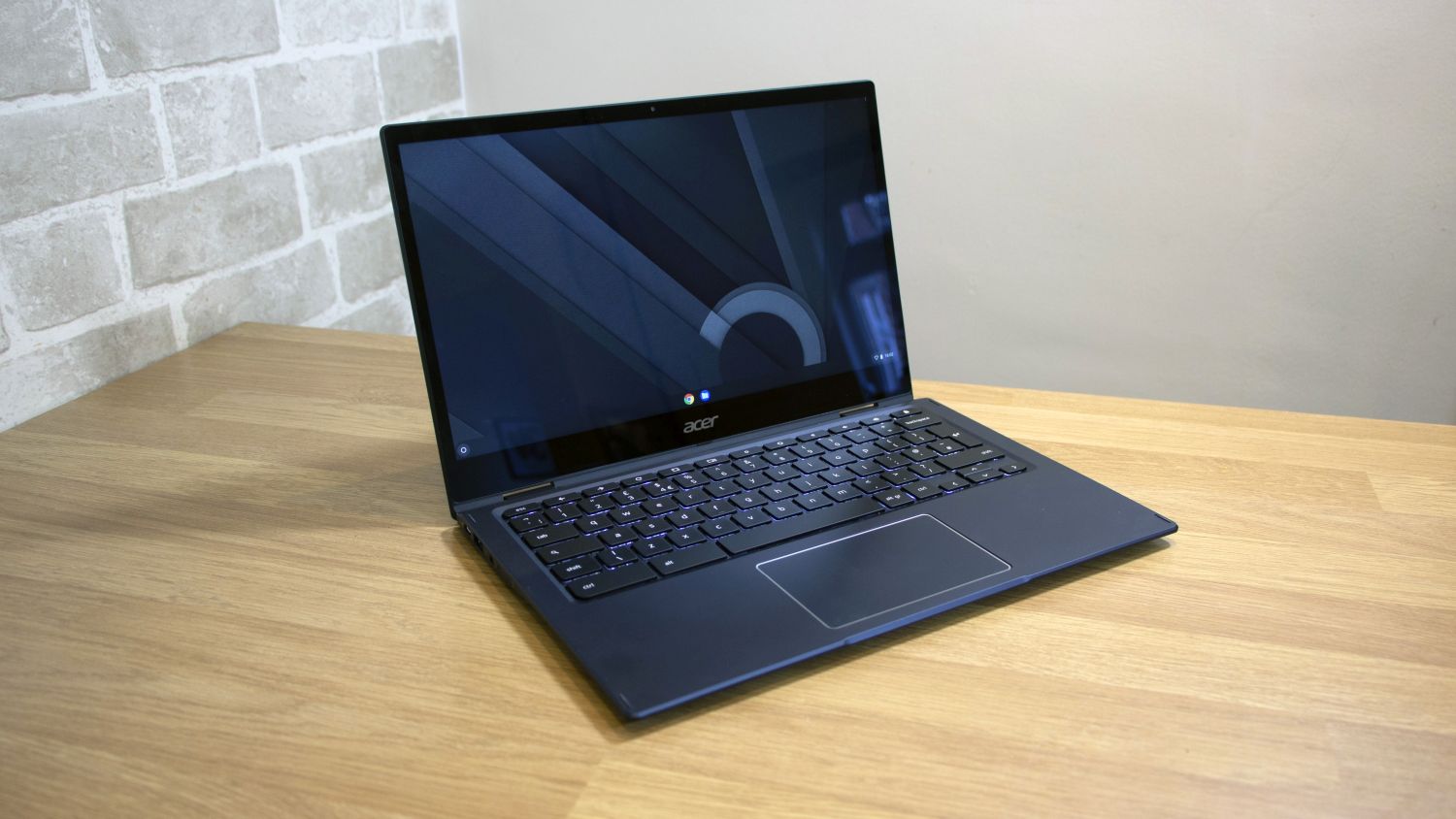
 Acer Chromebook Spin 513 review: Cheap and mostly cheerful
Acer Chromebook Spin 513 review: Cheap and mostly cheerfulReviews An affordable Chromebook convertible with good looks but mediocre performance
By Mike Jennings
-
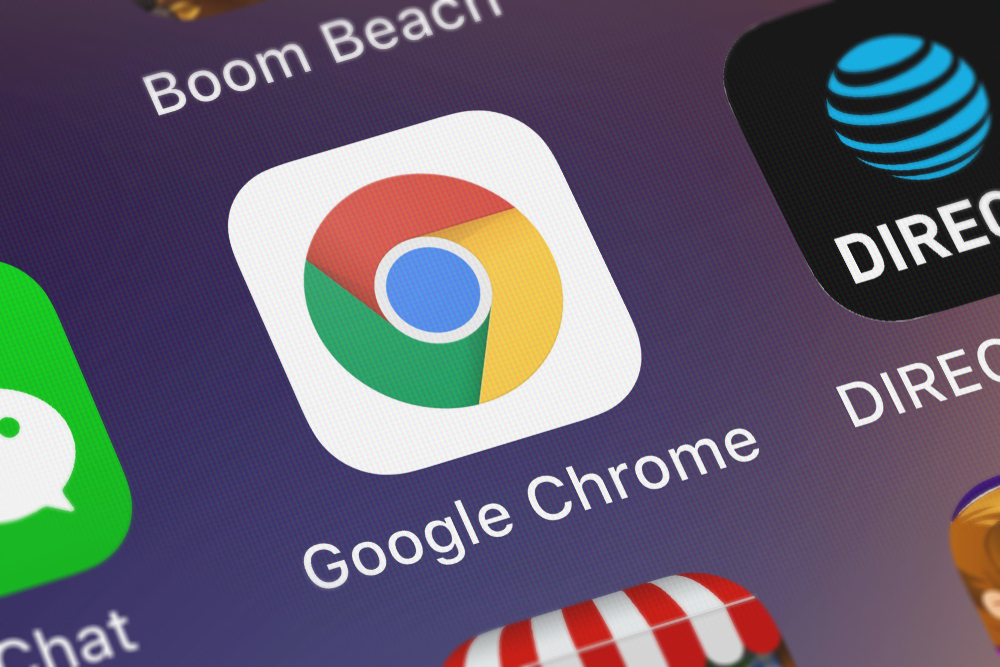 Google says Chrome is now faster than Safari on Apple Silicon
Google says Chrome is now faster than Safari on Apple SiliconNews According to Apple's own benchmarks, Chrome 99 scored the highest out of any browser ever tested
By Connor Jones
-
 Google Chrome update fixes zero-day under active exploitation
Google Chrome update fixes zero-day under active exploitationNews Google releases a fresh wave of patches for severe vulnerabilities that could facilitate code execution and system takeover via Google Chrome
By Connor Jones
-
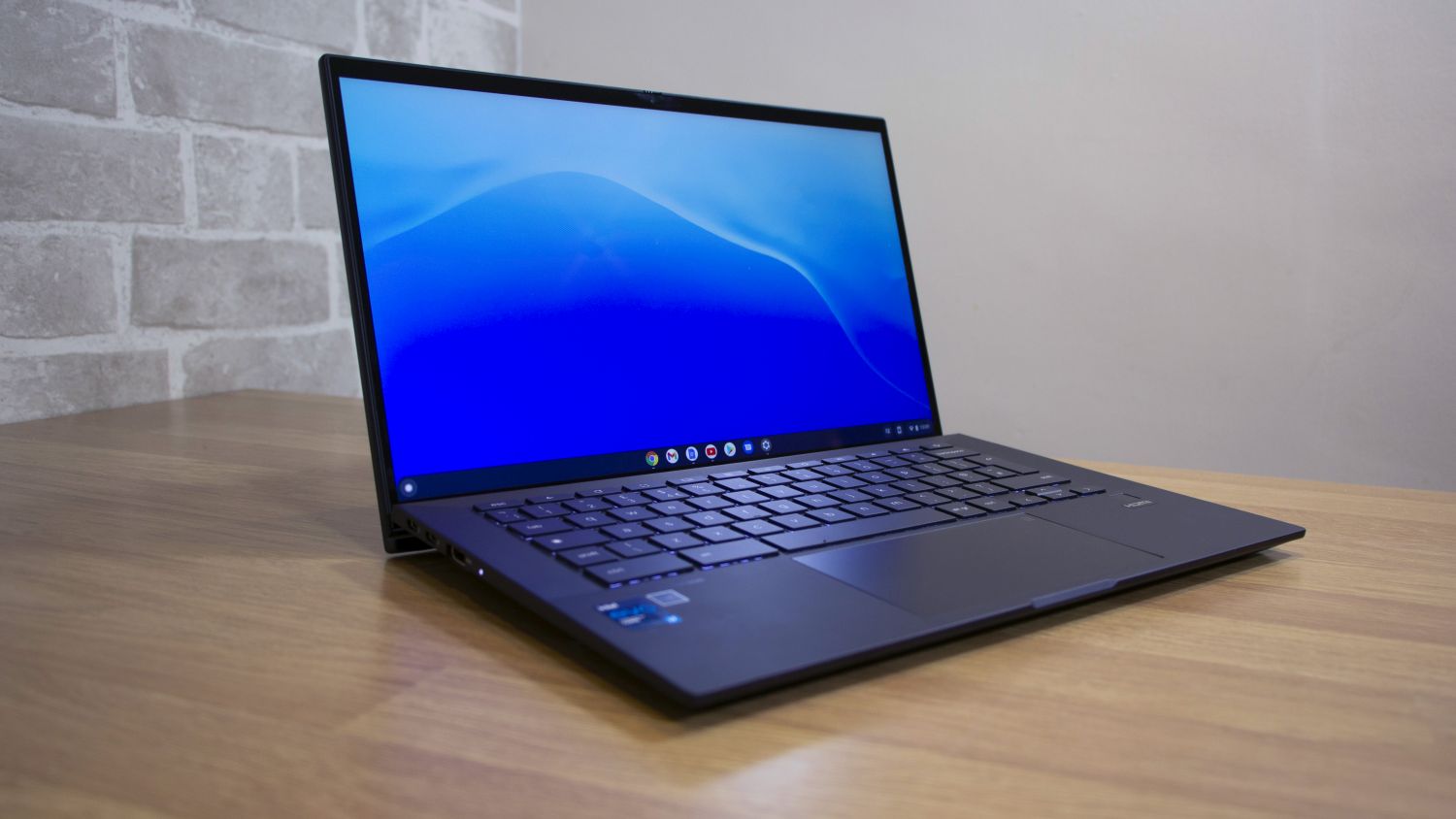
 Asus Chromebook CX9 (CX9400CE) review: The most stylish Chromebook on the market
Asus Chromebook CX9 (CX9400CE) review: The most stylish Chromebook on the marketReviews A sleek, expensive Chromebook that tries to bring professional style to Google’s OS
By Mike Jennings
-
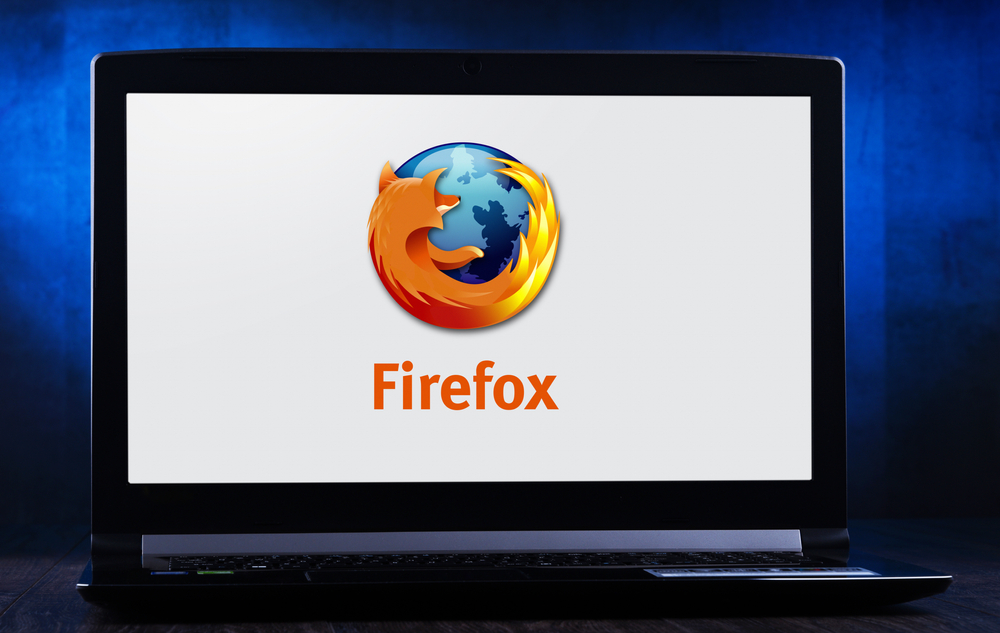 Firefox 95 boosts protection against zero-day attacks
Firefox 95 boosts protection against zero-day attacksNews Mozilla's browser now takes a more granular approach to walling off code
By Danny Bradbury